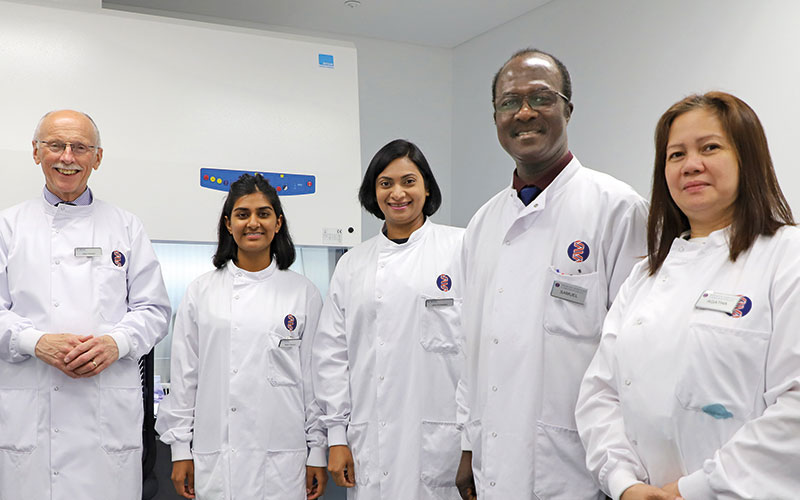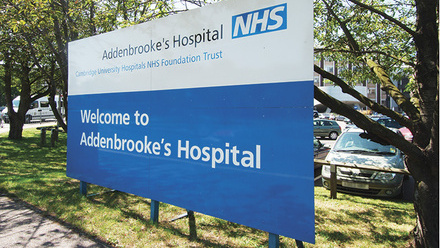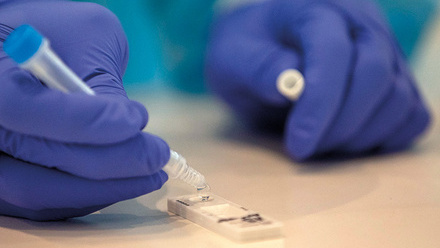My Lab: Examinations in Parasitology

UK NEQAS Parasitology has been operating since 1986. It is a member of the UK NEQAS Consortium – a not-for-profit company and a UK-registered charity, which is this year celebrating its 50th anniversary. We provide international external quality assessment (EQA) or proficiency testing for clinical laboratories, blood banks, point-of-care testing centres and other testing sites that carry out examinations in parasitology. Various methods, including microscopic identification, serology, point-of-care and molecular testing, are catered for. Specimens are designed to simulate clinical samples and allow participants to assess their routine assays and practices. The schemes we offer are accredited for ISO/IEC 17043:2010.
We are hosted by Public Health England and operate from the premises of the Halo building in London.
We run seven parasitology EQA schemes and have at least two more in the development phase. We offer a range of techniques and sample layouts covering several parasites and techniques for detection. The range of parasites in the faecal specimens includes protozoan cysts, helminth ova, larvae and oocysts. While in the blood parasitology distributions, we include malaria parasites, microfilariae, trypanosomes and Leishmania. We also offer detection of malaria antigen, malaria nucleic acids, parasite serology and Toxoplasma serology. In addition to EQA provision, teaching programmes are also available for both blood and faecal parasites. Our department is led by Professor Peter Chiodini, the Scheme Organiser. Other team members are: Dr Jaya Shrivastava, the Scheme Manager, Dr Samuel Boadi, the Teaching Manager, myself as Healthcare Scientist Specialist, and Ms Nikita Chauhan as the Laboratory Support Staff.
I have over 20 years of experience in clinical parasitology. I joined the team in 2004 as Laboratory Support Staff and, through various promotions, have grown within the team to my present role of Senior Healthcare Scientist. My main duties are: preparation, evaluation and internal quality control of EQA specimens for our schemes and I achieve this by applying knowledge of clinical parasitology to the design, quality control and stability of these specimens. I also help set up collaborations and field visits to the Philippines to source faecal and blood parasites. Additionally, I help with data entry, the preparation of participants’ performance reports and any accompanying teaching sheets.
We are a high-performing team and pride ourselves on the quality of service that we offer to all our participants. To this effect, our work has recently been recognised via the “RCPath Excellence Awards for 2019” which exemplifies the best of pathology practice. We won the award under the Excellence in Education category. More recently, I won the best poster award at the recent IBMS Congress 2019, for presenting findings from our faecal parasitology scheme.


